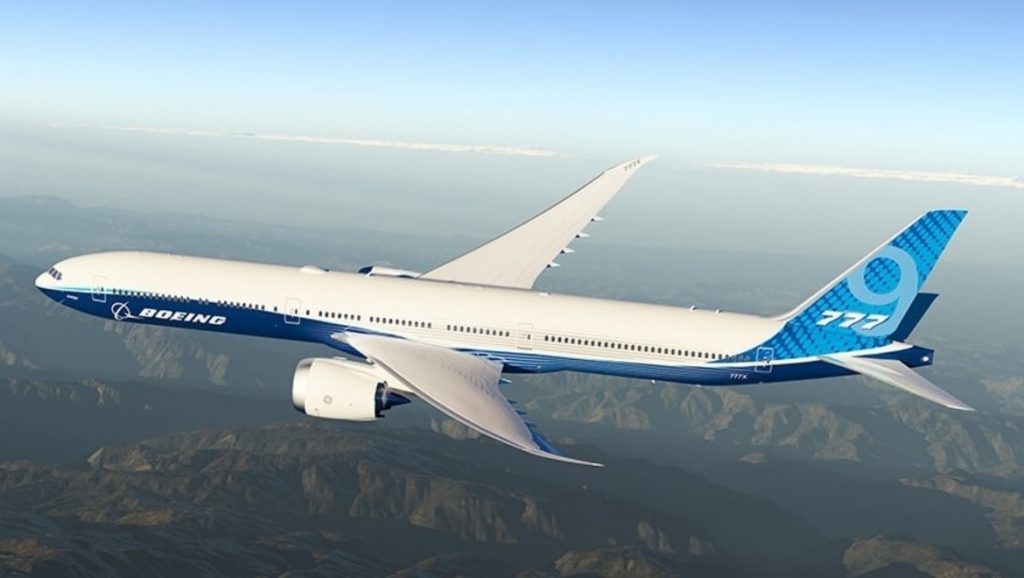
The FAA has told Boeing its upcoming 777X will likely not receive its certification until late 2023 due to the lack of data and a preliminary safety assessment.
The revelation was contained in a letter to the planemaker obtained by Reuters, which outlined why the aircraft was not ready to receive its crucial Type Inspection Authorization (TIA) Readiness clearance.
The 777X wide-body, twin-engine jet has been in the works for years, first announced in 2013 at the Dubai Airshow. The aircraft was supposed to enter service last summer, however only flew late last year due to continuous issues.
The FAA listed various concerns it had in the letter, including flight control issues. Most recently, in late 2020 during a test flight, the aircraft experienced an ‘un-commanded pitch event’ – the nose of the jet swayed up or down without intentional pilot control.
The letter was signed by Ian Won, manager of the FAA office that makes the final decision on Boeing’s aircraft safety according to regulatory standards.
Won told Boeing that a newly proposed critical avionics system does not meet regulatory requirements and modifications to its flight control system are concerning.
“The aircraft is not yet ready,” Won wrote. “The technical data required for type certification has not reached a point where it appears the aircraft type design is mature and can be expected to meet the applicable regulations.”
According to the Seattle Times, an unidentified source in the FAA said, “There’s a general feeling that Boeing has kind of lost a step. The days of Boeing being able to say to the FAA ‘Just trust us’ are long gone.”
The 777X was initially created to connect the globe’s major cities and carry around 400 passengers more efficiently compared with other Boeing variants. It includes greater cabin and seating capacity and a new GE9X engine.
The news will worry Boeing given the ongoing troubles with is narrow-body 737 MAX. In 2020, investigations over the 737 MAX jet, which killed 346 passengers on Lion Air and Ethiopian Airlines, blamed the Maneuvering Characteristics Augmentation System (MCAS) as the heart of the incident – an automated flight control system.
Emails were released later showing the 777X jet also was using the equivalent system, which eventually Boeing denied being the same.
Therefore, intended delivery was delayed even longer in the height of the 737 MAX disaster, and the COVID-19 pandemic.
Now the FAA has confirmed the larger safety concerns at stake for Boeing, which are paramount to the jet’s eventual entry into service.
Boeing responded to this announcement in a statement on Friday saying the planemaker “remains fully focused on safety as our highest priority throughout 777X development”.
The 777X will continue “comprehensive” testing to ensure it meets regulatory requirements for the aircraft to safely fly.




